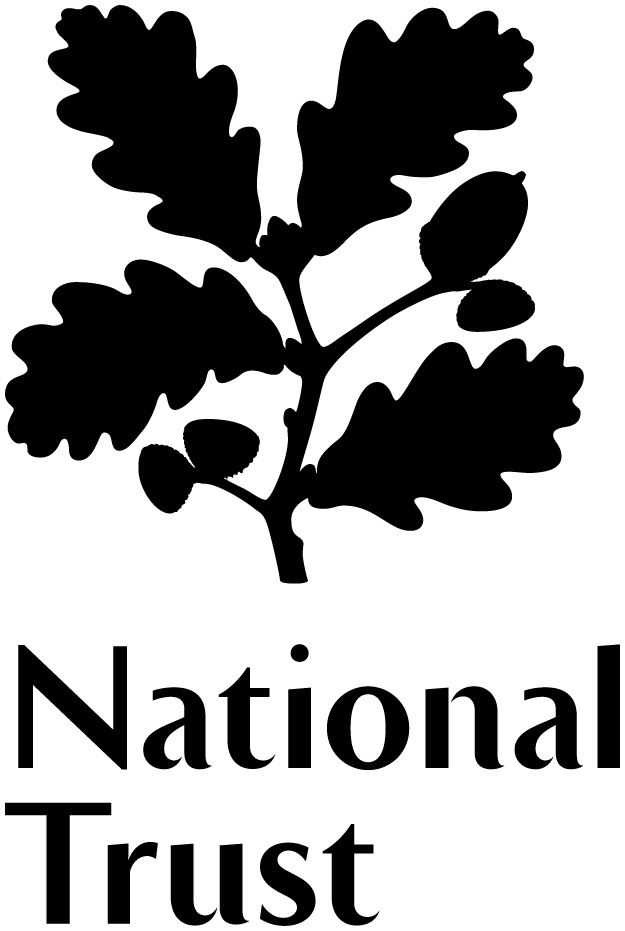Thursday 10 - Friday 11 October 2024
Join us for a hands-on introduction to lime plastering – perfect for both budding DIYers and professional plasterers who want to build their skills with this traditional material.
Our course venue is the custom-designed plastering studio at the National Trust’s Heritage and Rural Skills Centre, where you’ll have your very own plastering bay to practice throughout the course. We also keep our classes small and friendly, so you’ll have plenty of attention from our tutors Sean Wheatley and Michal Wolf, Master Plasterers with decades of experience working with lime.
If you live in an old house, you’ll come away with the practical skills you need to confidently tackle lime plaster repairs in your own home. If you’re a professional plasterer already working in gypsum, this is an excellent opportunity to develop the skills and knowledge in demand for heritage and conservation plastering jobs.
CITB short course grants towards the cost of the course fee may be available. Please visit the CITB website for further information.
Want to learn more about plastering at the National Trust’s Heritage and Rural Skills Centre? Check out our other course there on Ornamental Lime Plastering, 20 - 21 September 2024.
Who is this course for?
- This course is suitable for people with practical plastering skills. Experienced plasterers used to working in gypsum will particularly benefit from the course.
- We also welcome anyone interested in learning about plain lime plastering for their home or old buildings under their care.
You will learn
By the end of the course, you will know:
- The basics of working with lime, including slaking, mixing and sand selection.
- How to safely work with lime, including the correct use of tools and PPE.
- How to fix laths and other substrates you might encounter on the job.
- The correct technique for mixing and applying plasters, including the base coat, pricking up coat, float coat and setting coat.
- When and how to use hydraulic lime.
- How to run a cornice in-situ.
- How to limewash.
Programme
This programme is subject to minor changes.
Day One
| 9am | Registration |
| 9.15am | Welcome and Health and Safety briefing |
| 9.30am | Introduction to lime: slaking, mixing and sand selection |
| 10.30am | Refreshment break |
| 10.45am | Practical session, group split into two: |
| - Group A: Fixing laths and alternative substrates | |
| - Group B: Mixing plasters | |
| 11.40am | Practical session, group split into two: |
| - Group A: Mixing plasters | |
| - Group B: Fixing laths and alternative substrates | |
| 12.40pm | Lunch |
| 1.15pm | Introduction to applying base coats, spatter coat on masonry and pricking up coats |
| 1.45pm | Practical session: applying base coats and pricking up coats |
| 3pm | Preparation for Day Two |
| 3.15pm | Presentation of projects |
| 4.30pm | End of Day One |
Day Two
| 9am | Registration |
| 9.15am | Practical session: applying float coats |
| 10.45am | Refreshment break |
| 11am | Practical session: applying setting coats |
| 12.30pm | Introduction to plastering on alternative surfaces |
| 1pm | Lunch |
| 1.30pm | Presentation on insulation and hydraulic limes |
| 2.10pm | Introduction to running a cornice in-situ |
| 2.50pm | Limewashing and further practise on coats |
| 3.50pm | Clear up |
| 4.15pm | End of course |
You will need
- Please wear warm, comfortable clothing that you don't mind getting dirty or damaged. We recommend you bring overalls or coveralls to wear if you can.
- You will need to wear sturdy (flat and closed) footwear, ideally steel-toe capped boots.
- We will provide all necessary protective equipment, but if you would prefer to wear your own gloves, goggles and mask please bring them.
- All tools and materials will be provided. If you would prefer to bring your own plastering tools – hawk, trowel and water brush – please ensure they are labelled.
Tutors
Sean Wheatley, traditional plasterer
Sean has four decades' experience as a plasterer specialising in traditional methods, materials and decorative plasterwork. He is a SPAB Guardian on our Education and Training Committee and is a Master Plasterer of the Worshipful Company of Plaisterers.
Michal Wolf, plasterer and conservator in lime
Michal is a Master Plasterer of the Worshipful Company of Plaisterers and a founder of All Things Lime. He is passionate about traditional methods of working and keeping the craft of lime plastering alive.
Marianne Suhr
Marianne is a chartered building surveyor, writer and broadcaster specialising in the repair of historic buildings. Marianne is co-author of the SPAB's Old House Handbook and Old House Eco Handbook.
Assessment / Accreditation
The SPAB is an IHBC- recognised CPD provider and attendance certificates for CPD are available on request.
Accessibility
This is a practical course held in a workshop environment, which can be dusty, cold and noisy. There are some uneven surfaces, such as cobbles, due to the historic nature of the building.
The practical elements of the course involve a lot of physical activity. You will also need to stand for much of the day.
Accessible parking spaces are marked in the car park. Accessible toilets are available.
Anything we can do to make this event more accessible for you? Please email education@spab.org.uk.
All bookings are subject to our Terms and Conditions.
We may take photos or videos at this event to be used in future promotion, including in print and online.
Photo credit: Plain Lime Plastering course © Rachel Stoplar
This event is in association with the National Trust.

Buscot and Coleshill Estate
Swindon, SN6 7PT
United Kingdom
| Full Price | £499.00 |
|
Course website filters
|
|
Event website filters
|
|
Event website information
|
